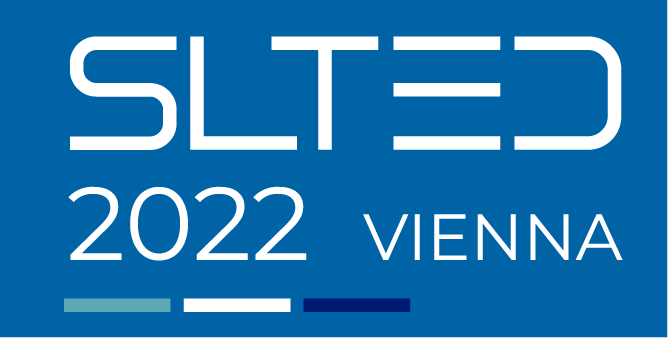Quo Vadis Cultural Learning and Language Education
Organiser: Werner Delanoy (University of Klagenfurt, Austria)
Invited speakers: Simona Bartoli-Kucher (University of Graz, Austria), Frauke Matz (University of Münster, Germany), Elisabeth Pölzleitner (University of Education Graz, Austria)
In a globalized modernity, where change has become the norm, the question arises how to reframe culture and language learning in teacher education. In this symposium a foundation for a timely concept of cultural learning and (English) language education will be suggested and discussed, the focus being on new challenges for teacher education in this field of study. The suggested approach aims for creating dialogic relationships between universities, schools and key players outside educational institutions. As an emerging third place, such dialogue should encourage mutual transformation in the light of current educational and socio-cultural challenges.
Each of the panelists will present their perspectives and then discuss them with the symposium participants. To ensure a multi-perspective approach, different educational contexts will be included, spanning language education at universities plus at lower and higher secondary levels. In terms of languages, a multilingual approach will be suggested including English and Romance languages. As regards key players, space will be created to include voices from university researchers/teachers, in-service school teachers, student teachers and authors. In all instances, attention will be drawn to building bridges between the players to foster a mutually enriching polylogue.
In Cultural Learning and Language Education: Quo Vadis Teacher Education?, Werner Delanoy will suggest a foundation for a timely concept of cultural learning and (English) language education, by addressing topical socio-cultural challenges and integrating recent debates in culture-and-language learning. The theories included comprise transcultural and cosmopolitan concepts, approaches to global citizenship education, the notion of symbolic competence plus identity-focused language-acquisition theories. As regards teacher education research, a perspective will be introduced which aims to interconnect assemblage theory with action research approaches.
In Extensive Reading, Cultural Learning and Teacher Education: Challenges and New Horizons, Elisabeth Pölzleitner presents a grassroots perspective showing how innovative school practices can enrich university teacher education. In this contribution, attention is drawn to the importance of children’s and young adult books, the role of extensive reading in the new curriculum for lower secondary schools in Austria and the know-how required to encourage extensive reading at secondary levels. In Developing Transcultural Competence: Student Teachers of Italian Meet Cross-cultural Authors and Texts, Simona Bartoli-Kucher reports on teacher education projects where writers of transcultural texts came to Graz to discuss their work with university students. The students then developed teaching units which they presented to high school learners of Italian. The student projects were evaluated with the help of action research methodologies in the light of transcultural-learning aims.
In Rethinking Cultural Learning in Teacher Education: Cosmopolitan Citizenship and Human Rights Education, Frauke Matz addresses challenges for teacher education resulting from intensifying global crises and the growing complexity of the digital and global world. Set in this context, this contribution argues for a shift from intercultural learning to cosmopolitan citizenship education both in the context of school education and as part of pre-service teacher education. The presentation invites discussion of how far this new perspective, as a versatile approach combing various global and digital perspectives on the contemporary world, may well become the very foundation for an innovative, future-oriented concept of cultural learning for English language (teacher) education.
